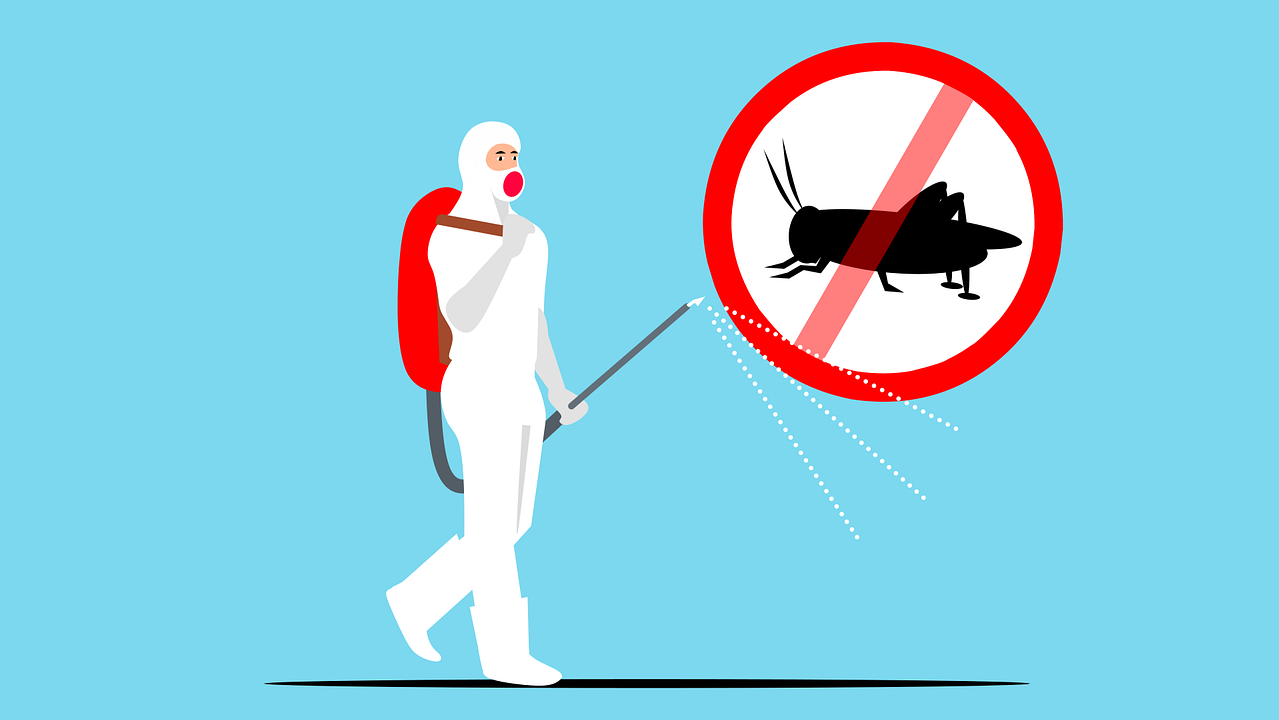As someone who loves gardening, one of the most satisfying experiences is watching the plants you care for prosper and bloom. However, the serene beauty of a meticulously cared-for garden can rapidly be disrupted by the presence of unwanted critters. Whether it's aphids nibbling on your roses or hungry caterpillars the vegetables you grow, being equipped to handle these unwanted visitors is essential for ensuring a flourishing garden. In this manual, we'll explore effective pest control strategies that protect your plants while ensuring your garden sustainable.
Recognizing the typical pests that target gardens and their behavior is the first step in stopping infestations. Many gardeners choose organic pest management methods that are non-toxic for both your plants and beneficial insects. By adopting the correct methods, you can appreciate the beauty of your garden without the worry of pests taking over. In the upcoming parts, we will explore various methods to keep your plants safe and vibrant, making sure your garden remains a source of joy throughout the seasons.
Crucial Pest Prevention Tips for Horticulturists

To cultivate a flourishing garden, it is important to utilize efficient pest control strategies that protect your vegetation while lessening impact to the ecosystem. Begin by attracting beneficial insects such as ladybugs and lacewings, which instinctively fight against common pests. Growing flowers like marigolds and tropaeolum can draw in these allies and provide a ecological balance. Additionally, consider incorporating companion planting, where particular plants are grown closely together to repel targeted pests.
Regular monitoring of your garden is crucial for prompt identification of pest concerns. Inspect your garden frequently for signs of infestation, such as eaten leaves or yellowing foliage. Swift action can stop a tiny problem from growing into a more significant one. If you detect pests, use a mild soap solution or neem oil as a organic treatment alternative. These treatments are successful yet non-toxic for most beneficial insects when administered correctly.
Preemptive measures are crucial to holding pests at bay. Rotating crops each season can break pest cycles and reduce the likelihood of pest issues. Additionally, ensuring healthy soil through composting and mulching enhances plants, making them less vulnerable to pest issues. Confirm that you are moistening appropriately and only as needed, as overwatering can invite pests like slugs and snails. By following these crucial tips, you can create a robust and prosperous garden free of noxious pests.
Natural and Sustainable Solutions
When it comes to pest control in your garden, many gardeners are searching for methods that are not only effective but also harmful-free for the environment. One of the easiest ways to prevent pests is to attract useful insects that prey on them. Ladybird beetles, green lacewings, and parasitic wasps are great allies in the struggle against frequent garden pests. By planting a wide range of blooms and aromatic plants, you can draw these useful insects and form a balanced ecosystem that reduces pest issues.
Essential oils are an additional powerful tool in natural pest control. Oils such as peppermint, lavender, and tea tree are known for their pest-repelling properties. Mixing a few drops of these oils with water and a tiny amount of detergent can create an effective spray that helps keep away unwanted garden visitors. Be careful to test any spray on a minor area of your plants at first to ensure there are no negative effects. Regular applications during high pest season can significantly diminish infestations.
Finally, incorporating physical barriers can provide an eco-friendly solution to pest problems. Row covers, screens, and even simple handpicking can protect your plants without the use of chemicals. These methods are particularly effective against greater pests like larvae and bugs. Routine maintenance, such as picking off debris and keeping plants healthy, also plays a crucial role in minimizing pest attraction in your garden. Together, original site can form a bustling garden that remains pest-free while being gentle on the planet.
Seasonal Pest Control Strategies
The spring season is a critical time for pest control, as higher temperatures awaken dormant insects. To safeguard your garden, start by performing a thorough inspection of your plants for initial signs of pests like whiteflies or worms. Pest Control Queen Creek can employ natural pest control solutions such as tea tree oil or biological soaps to manage infestations before they intensify. Additionally, keeping proper plant spacing and ensuring adequate air circulation can restrict pest growth. Frequently clearing out debris and dead plant material also helps reduce possible breeding grounds for harmful insects.
As summer rolls in, the temperature brings a different set of issues. Flies and sugar ants can become especially troublesome during this season. To keep these pests at bay, look into using repellents and traps specifically crafted for them. You can also introduce beneficial insects like lACEwings and hoverflies to your garden, as they prey on common pests. Ensure that standing water is removed to reduce mosquito populations and maintain routine garden maintenance to deter pest invasions.
When autumn arrives, pests start seeking shelter from the cold, making it necessary to pest-proof your garden and home. Fill cracks and crevices around windows and doors to block invasion. Inside, store food in sealed containers to deter rodents and pantry pests. Pay close attention to your garden, getting rid of spent plants and debris that could attract overwintering insects. By adopting these tactics throughout the year, you can maintain a thriving garden and protect it against nuisance pests all year.
